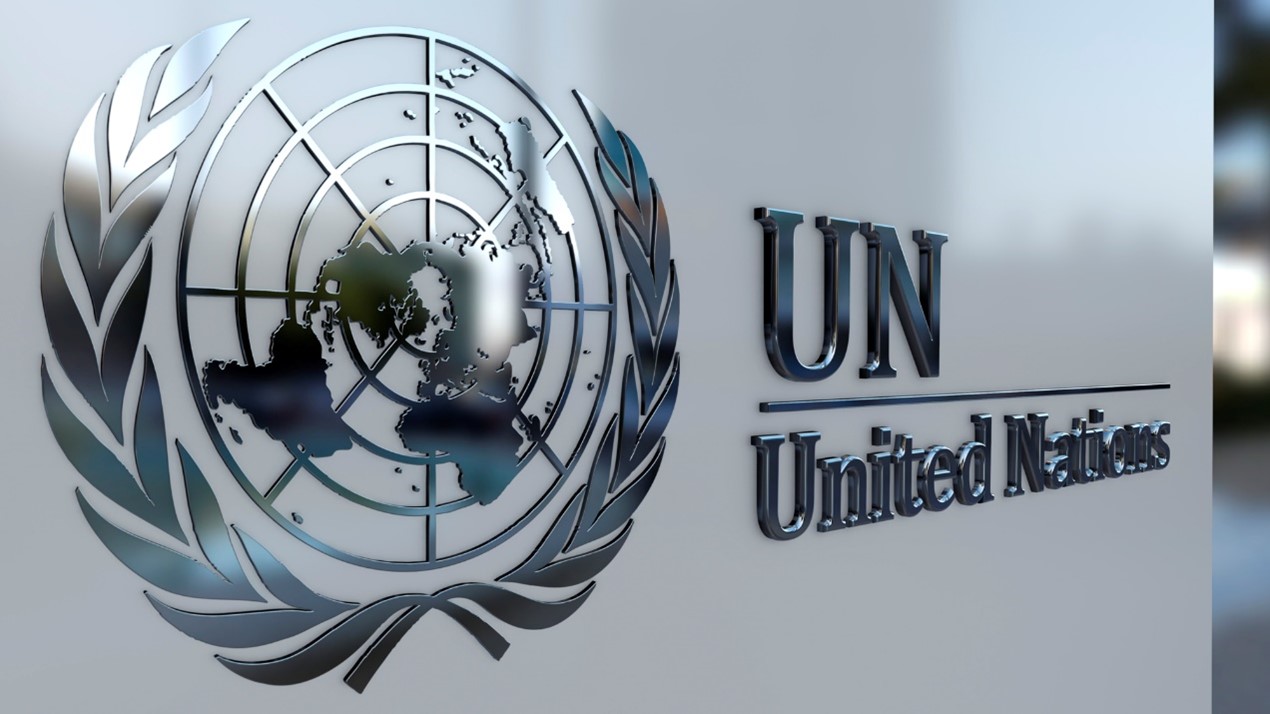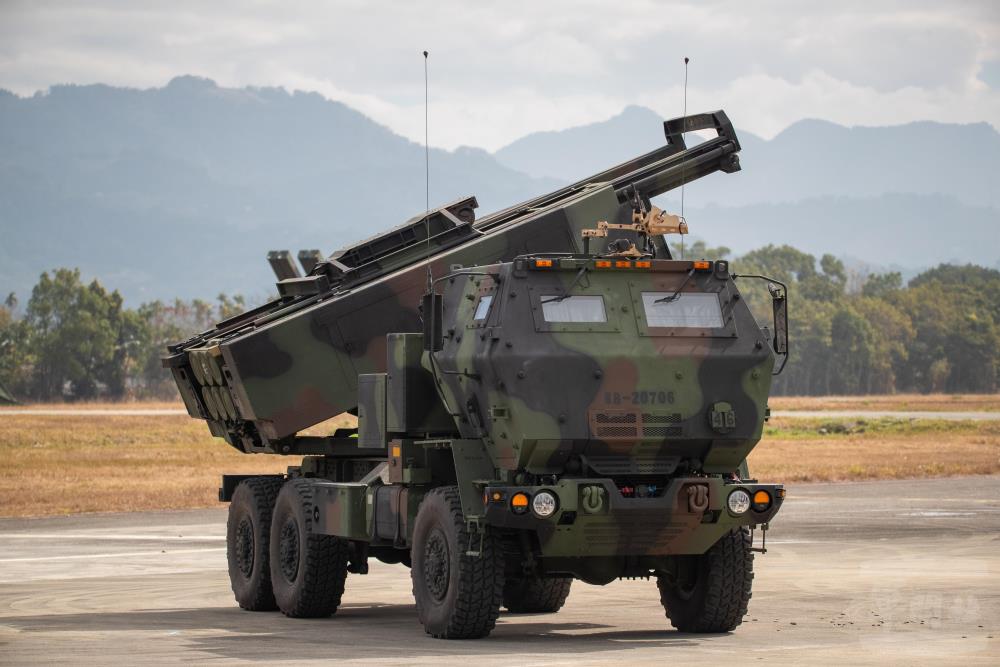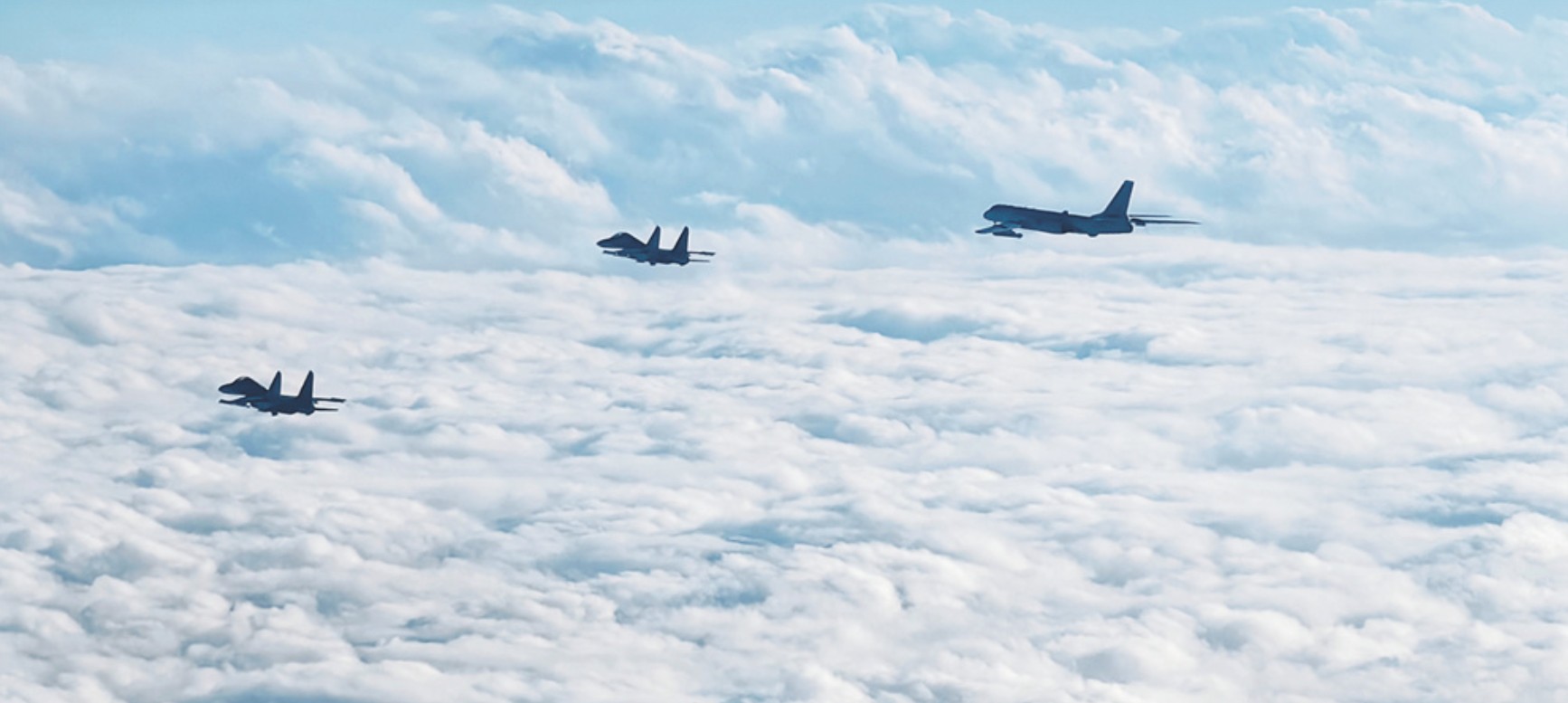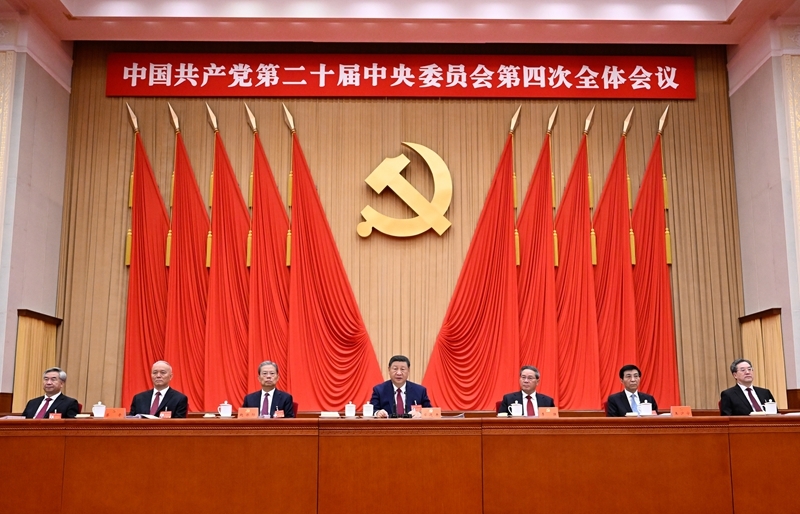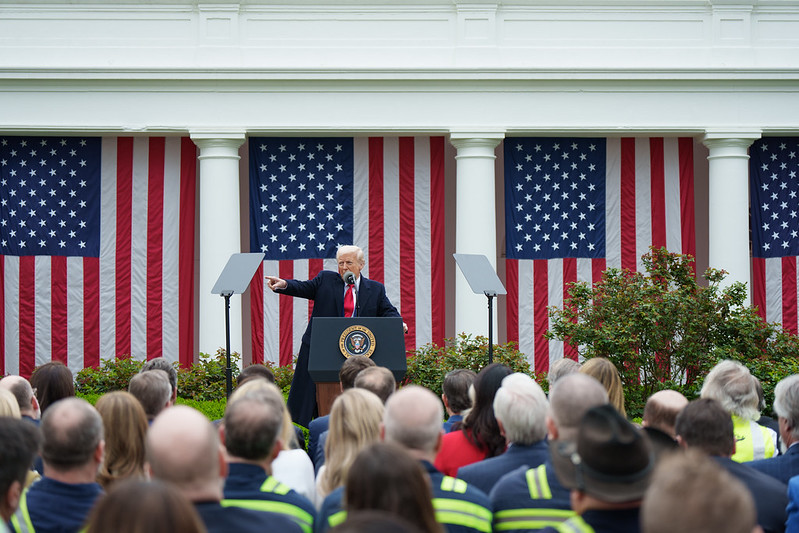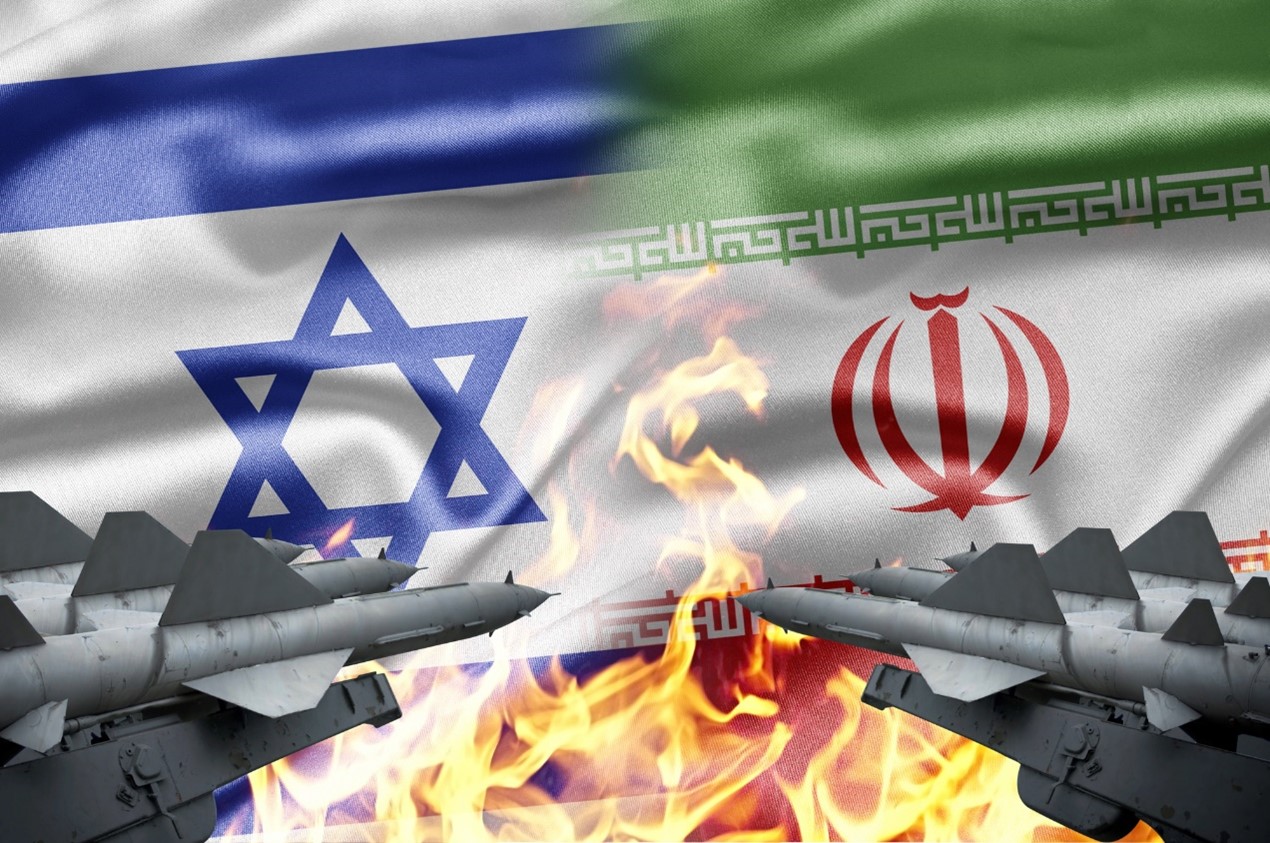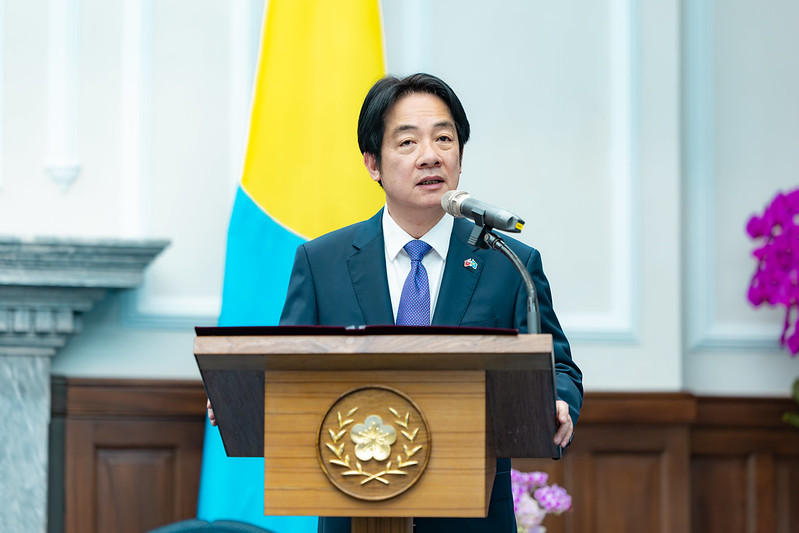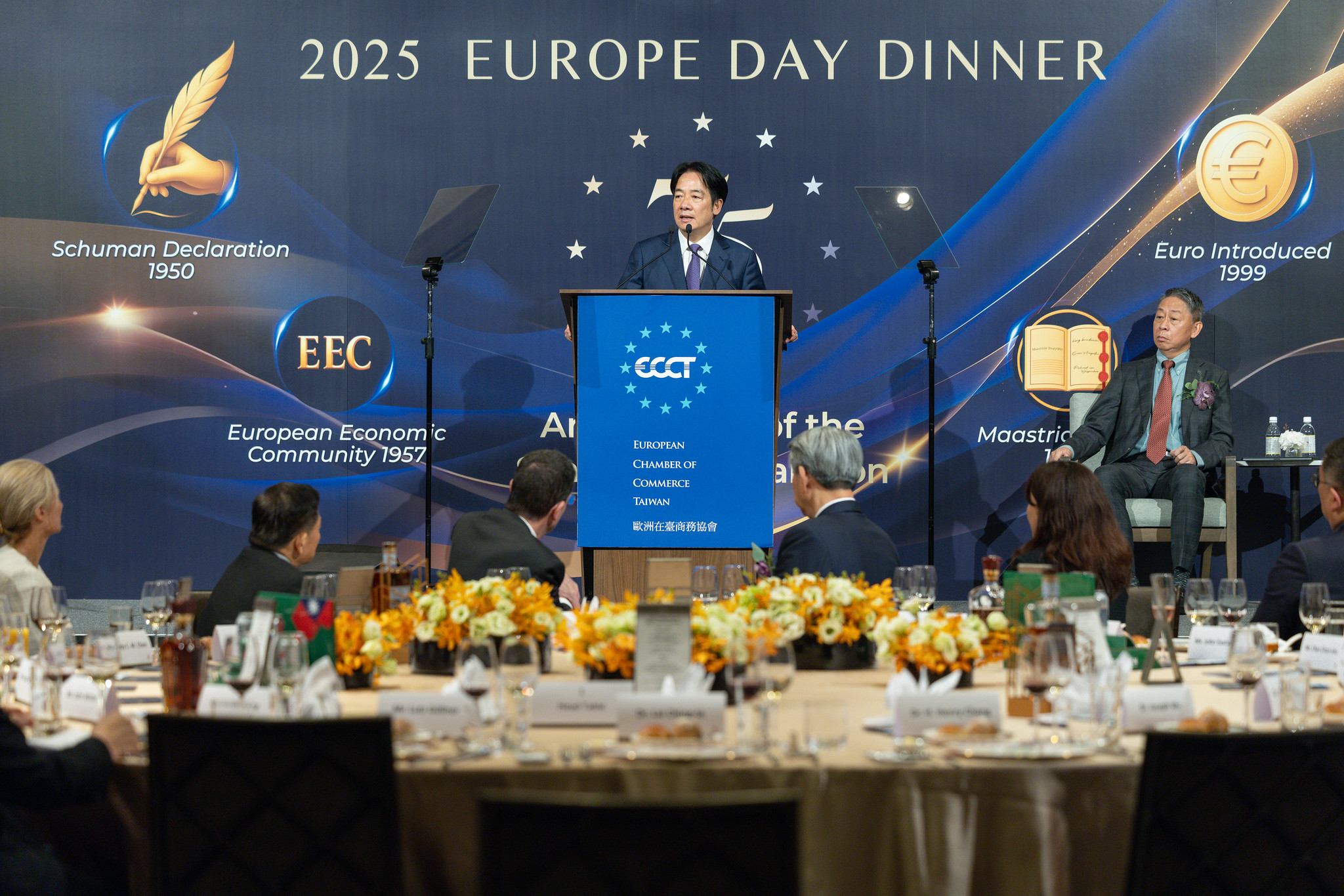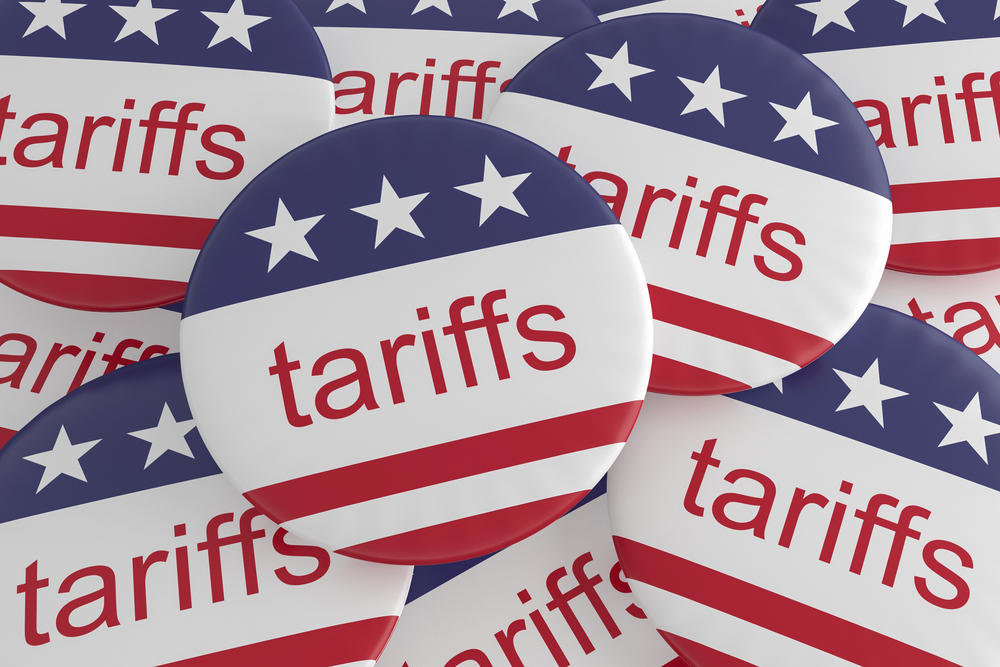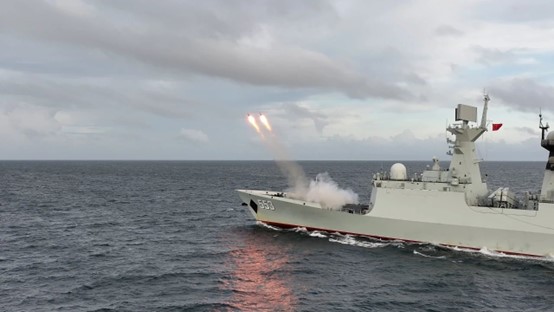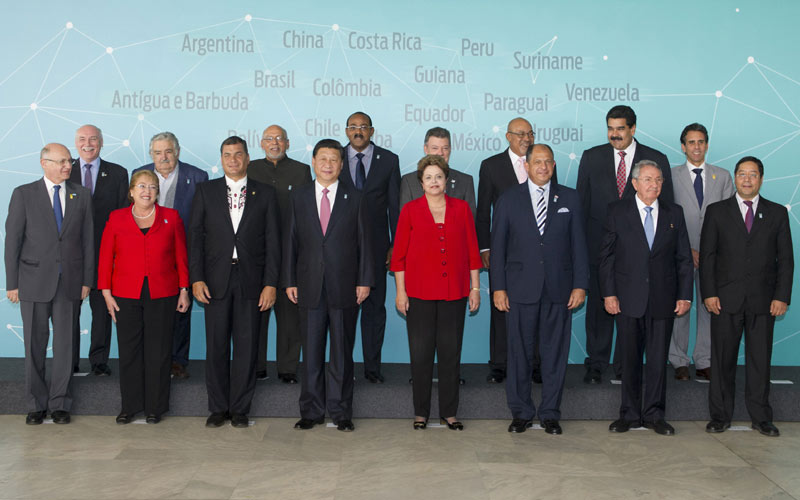UN resolution 2758, this 50-plus-year-old resolution has had a global impact through the present day. Taiwan was not able to share information through the WHO during the COVID-19 pandemic, even though Taiwan orchestrated one of the best countrywide responses to the pandemic. Picture source: Depositphotos.
Prospects & Perspectives No. 58
Fighting the Battle over UN Resolution 2758
By Thomas J. Shattuck
Every September, the United Nations General Assembly (UNGA) opens its new session. And every September, one critical global economic hub in the Indo-Pacific cannot formally participate. In October 1971, UN members voted “to expel forthwith the representatives of Chiang Kai-shek from the place which they unlawfully occupy at the United Nations and in all the organizations related to it” via Resolution 2758 — essentially handing the People’s Republic of China (PRC) the “China seat” at the UN. For the last 53 years, Taiwan has been unable to meaningfully participate across the UN system.
A history of unfairness
This 50-plus-year-old resolution has had a global impact through the present day. Taiwan was not able to share information through the World Health Organization (a UN affiliate) during the COVID-19 pandemic, even though Taiwan orchestrated one of the best countrywide responses to the pandemic. Taipei cannot lodge complaints with the International Civil Aviation Organization (another UN affiliate) when the PRC opens up, expands, or moves, civilian flight routes in the Taiwan Strait. Moreover, Taipei is barred from formally cooperating with Interpol, preventing it from accessing or providing information on criminals, even when it comes to human trafficking, which Taiwanese citizens feel victim to in Myanmar and Cambodia.
The UN allows Beijing to “veto” matters related to Taiwan’s status and invitations; this practice provides Beijing with a “carrot” to hang over leaders in Taiwan to modulate their cross-Strait statements and policies. When Ma Ying-jeou was president from 2008-16, he was rewarded with various guest and observer invitations for his policies favoring greater cross-Strait exchange. The opposite occurred during the presidency of Tsai Ing-wen; she was punished with no invitations. These exclusions and more come from a vaguely worded — and regularly disputed — resolution.
Beijing has, for years, argued that Resolution 2758 settles the status of Taiwan in the UN and that Taiwan is a part of the PRC. It has taken the text of the original resolution and pushed it beyond the original purpose and meaning for its own political objectives. And since Taiwan’s international status is not a major foreign policy issue for most UN members, the PRC has been able to win the battle of interpretation and agenda-setting. In an April 2024 report for the German Marshall Fund, Jacques deLisle and Bonnie S. Glaser provide a thorough analysis of the PRC’s ability to distort Resolution 2758 in the UN system to its own advantage.
After more than half a century, it may not be an exaggeration to say that the PRC has won this specific battle within the UN system. And it is not difficult for a country to take advantage of an issue close to its heart, no matter how large or small. Consider the Russian Federation’s ability to remain on the UN Security Council after militarily invading another member state, Ukraine. While the ongoing debate over Resolution 2758 is relatively small compared to the Russia issue, it does go to show how authoritarian countries are able to manipulate the UN and its broader system. It is difficult for like-minded countries to dedicate as much energy to these seemingly nice issues as Beijing or Moscow since it’s just one of many fronts that countries like the United States must face all the time.
Fixing the problem
But if Beijing has already won the battle over Resolution 2758, what is to be done? This article makes two specific recommendations for Taiwan, the United States, and like-minded countries: one within the UN and one outside the UN.
The first reflects a continuation of the norm — despite its relative ineffectiveness. In the second approach, Taiwan should prioritize engaging with countries outside of the UN and play the long game. Since Taiwan cannot make its own case in the UN, it is left to its formal 12 remaining diplomatic partners and like-minded countries such as the United States to make Taiwan’s case. This case should focus on specific text and take the legal angle: two phrases used in the resolution make its application in 2024 questionable.
First, the resolution does not “grant” the PRC any rights in the UN. Instead, it “restores” the PRC “all its rights” even though the PRC had never been a member of the UN until 1971. It is generally impossible to “restore” something that never existed. The resolution was crafted as if the PRC had been a rightful member of the UN and then removed (a case similar to what happened to Taiwan). Second, part of the resolution no longer applies to Taiwan. It decides “to expel forthwith the representatives of Chiang Kai-shek” from the UN. However, after Taiwan democratized in the 1990s (and really after Chiang himself died in 1975), diplomats from Taiwan cannot be accurately portrayed as serving as representatives of Chiang. And the resolution did not even include a word like “regime” or “administration.” The argument could be made that a member of the KMT would be acting in such a capacity, but that is not really accurate as they would be representing the party and not Chiang (since 1975).
And anyone working for a future Taiwan mission to the UN would be working as a representative of the country, not an individual. Even upon its adoption, the resolution’s phrasing here was tenuous as even though Chiang’s Taiwan was an authoritarian country, the staff were still formally representing the ROC. In 2024, a member of the Lai Ching-te administration, the chair of the Democratic Progressive Party, a party once outlawed throughout Taiwan, surely cannot be construed as serving as a representative of Chiang. How can Beijing claim someone working under the Lai, who Chinese Community Party officials have characterized a “Taiwan independence separatist,” as a representative of Chiang, who never wanted an independent Taiwan?
Working outside the UN
Outside of the UN, Taiwan has much more flexibility and options as Taipei would be working bilaterally or multilaterally. When it comes to like-minded democracies, Taiwan has much more success in this regard than inside of the UN system. Since the Tsai administration, and really since the COVID pandemic, Taiwan has witnessed a sharp interest from democracies in expanding unofficial relations. Some of these countries, like Australia and the Netherlands, passed motions to support Taiwan’s interpretation of UN Resolution 2758. While these motions and support do not result in change in the UN system itself, they go a long way in sending a message of support for Taiwan’s meaningful participation.
Taipei should focus on garnering greater support for such motions across the globe as there has been much more recent success. It may not do anything in the short term to fix the longstanding UN misinterpretation of the resolution; however, the domestic laws and motions set a foundation for better informal ties between Taipei and interested governments. And this is the sort of creativity that Taiwan needs to better challenge China. Taiwan does not necessarily need to put all of its eggs in changing the UN from within, but it can attempt to force change from outside of the UN and leverage those better relationships into fomenting change in the long term. The long game worked for Beijing getting the UN to interpret this resolution in its favor, so it may be time for Taipei do to the same in hopes that the tide may change one day.
(Thomas J. Shattuck is a Senior Program Manager at the University of Pennsylvania’s Perry World House. He is a 2024-25 non-resident WSD-Handa Fellow at the Pacific Forum and a 2024-25 non-resident Research Fellow at the Modern War Institute at West Point. He is a Non-Resident Research Fellow at the Global Taiwan Institute.)


